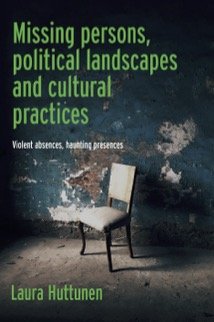By April Guevara Espinoza,
Given the past election season and craze about the “immigration crisis,” it is of paramount importance to reflect on how and why migrants, particularly Mexican migrants, are positioned as “less than” in our society. Immigration is more than a political platform issue; it concerns real people whose real lives are affected. Mexican migrants are used as political scapegoats for any and all issues in the United States whether it be increased crime rates, a lack of available jobs, or overall poor economic conditions. They are dangerously mischaracterized and stereotyped as “criminals” and “national security threats.” These labels are inextricably tied to racism and xenophobia, yet are cited as a rationale for restrictive, militarized, and criminalized immigration policies. This rhetoric perpetuated by our laws, leaders, and media serves to create a narrative about migrants and immigration that is entirely detached from humanity, divorcing the individual from society, and labeling them as “other.” Citizenship status should not be determinative of which civil and human rights are afforded to human beings. As a society, we must demand an interrogation of the relationship between racism, nationalism, and xenophobia, accompanied by a reckoning of the United States’ white supremacist roots, to alter the way we view and speak about all migrants, to demilitarize the border, and to decriminalize immigration policy. This Paper serves as a detailed account of the subjugation and subordination of Mexican migrants throughout history to argue Mexican migrants will never be humanized until white supremacy is confronted because white supremacy is everpresent in our laws, lives, and language. Most importantly, this Paper is a reminder to treat migrants as they are—human.
, 20 Nw. J. L. & Soc. Pol'y. 1 (2024), 35p.





















